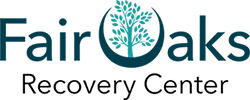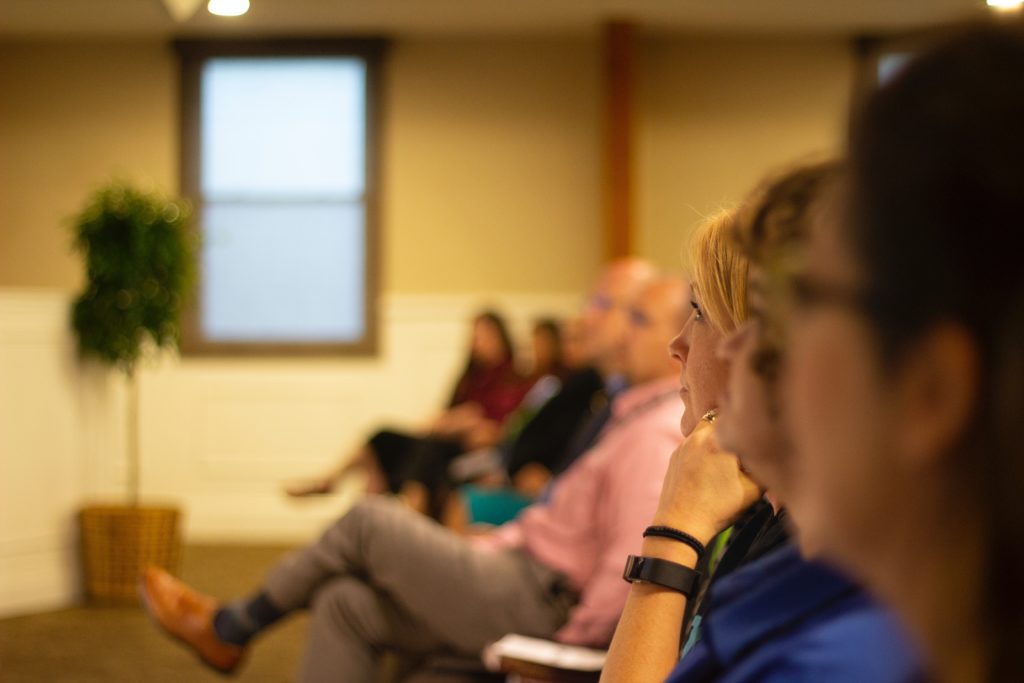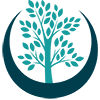When you first enter an addiction rehabilitation facility, you’ll most likely participate in a recovery group component right away. The general rationale is that with the support of others who understand what you’re going through, you’ll be more accountable and successful in your recovery. But as an individual, you often need more freedom to choose the approach that works best for you. To that end, we’ve compiled an extensive list of recovery support groups that might specifically suit your personal preferences and needs.
Various 12-Step Recovery Programs
The granddaddy of them all, Alcoholics Anonymous (AA), started in 1935 by Dr. Bob and Bill W., wasn’t technically the first addiction support group, as some churches and hospitals created a few opportunities for minimal conversations about the topic. However, AA certainly created a more formalized process for people to follow (the 12 steps), reinforced the importance of fellowship—spiritual and secular—and added the anonymous component to build confidence in the process.
Since then, dozens of other programs, also known as mutual aid groups, have adopted some form of a 12-Step structure but refined the focus to address more specific issues. Here are a few:
- Adult Children of Alcoholics/Dysfunctional Families: Since 1987, ACA relies on 12-Step principles to encourage healing from historical family and addiction trauma.
- Al-Anon Family Groups: Formally a subset of AA, this program has helped teenagers, families, and friends of alcoholics address the impact of their loved one’s addiction issues.
- Cocaine Anonymous: Started in 1982, this nonprofit doesn’t have any affiliation with AA but adapted many tenets of the 12-Step philosophy.
- Co-Dependents Anonymous: Specifically designed in 1986 to help individuals move past codependent behavior in various types of relationships, the group also follows a 12-Step structure.
- Co-Sex Addicts Anonymous: Officially referred to as COSA, the program adapted AA’s 12 Steps in 1980 to help individuals address how someone else’s compulsive sexual behavior affects their lives.
- Crystal Meth Anonymous: Founder Bill C. created CMA in 1994 to use the 12 Steps and Traditions to support people struggling with methamphetamine addiction and recovery.
- Dual Diagnosis Anonymous: Created in 1996, this group helps attendees with dual diagnoses address the balance of life managing addiction recovery and mental health issues.
- Heroin Anonymous: Co-founders Paul F. and Mike S. both used AA in their recovery from heroin addiction but founded HA in 2004, believing more focused support for people who escaped the clutches of this drug would be beneficial.
- Marijuana Anonymous: This organization started in 1989 to help people recognize the potential for marijuana addiction and use 12-Step support to heal from it.
- Nar-Anon Family Groups: Similar to Al-Anon, this program was established in 1971 to help the family and friends of individuals with different types of drug addiction.
- Narcotics Anonymous: After the success of AA, another group of people established NA in 1953 to help individuals overcome substance abuse with the support of the 12-Step philosophy and Traditions.
- Yoga and 12-Step Recovery. After her personal struggle with addiction, Nikki Meyer founded this program in 2004, using a combination of yoga wisdom, 12-Step guidelines, and trauma-informed healing education.
Additional support programs with similar 12-Step approaches include:
- Debtors Anonymous
- Depressed Anonymous
- Dual Recovery Anonymous
- Emotions Anonymous
- Gamblers Anonymous
- Overeaters Anonymous
- Workaholics Anonymous
Do a quick online search, and you’ll find comprehensive websites for each program, detailed descriptions of their mission, and reasons why they may be able to help you.
Other Types of Recovery Programs
In all fairness, some people don’t like the basic guidelines of 12-Step groups. For whatever reason, the core philosophy doesn’t resonate with their beliefs and individual goals. But there are other addiction recovery programs that provide not only an essential sober network, but also healthy insight for making the most of sober living.
Research the following group alternatives to see if they’re more in line with your needs:
- LifeRing Secular Recovery
- Moderation Management
- Secular Organizations for Sobriety (S.O.S.)
- Self-Management and Recovery Training (SMART) Recovery
- Women for Sobriety
Also ask your rehabilitation center for additional resources, such as alumni groups and continuing care community groups.
The Support You Need at Fair Oaks
Addiction science evidence reinforces that individuals avoid relapse more effectively when they have a foundation of caring people to support the value of their choices and provide peace of mind and guidance when needed. At Fair Oaks in Sacramento, our board-certified professionals introduce you to various concepts and therapies to help you start the process of reclaiming your sober life. With this knowledge, you can continue to grow into the best version of yourself. Talk to a member of our admissions team to learn more about our programs.



